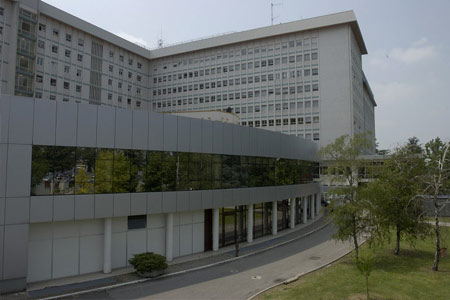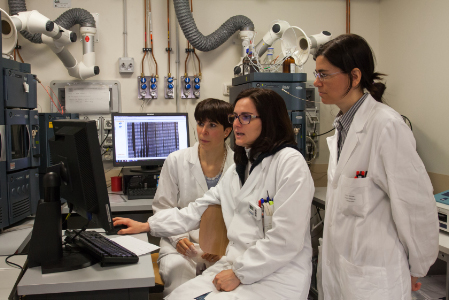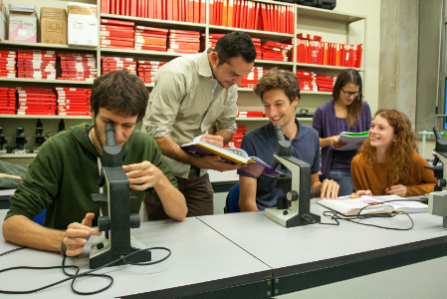Severe congenital neutropenia (SCN) is an inherited disorder of granulopoiesis that, in 50% of cases, results from mutations in the gene encoding human neutrophil elastase (HNE). Recent studies have suggested that SCN is a protein misfolding disease, in that most pathogenic aminoacid substitutions prevent correct HNE folding.
The main objective of the proposed research project is a deep understanding of the pathogenesis of SCN by a multidisciplinary three-phase strategy:
- phase 1: in vitro biochemical studies on purified wild-type and mutant HNE in order to i)elucidate how pathogenic mutations affect protein folding and ii)identify ligands acting as chaperones able to promote the correct folding of conformationally-defective variants;
- phase 2: test of the effects of chaperones molecules on cell lines expressing mutant HNE in order to select molecules that prevent cellular stress without concomitant toxic effects;
- phase 3: test of the best candidates selected on phase 2 to treat granulocytes isolated from SCN patients in order to verify their potential application as therapeutic agents.







